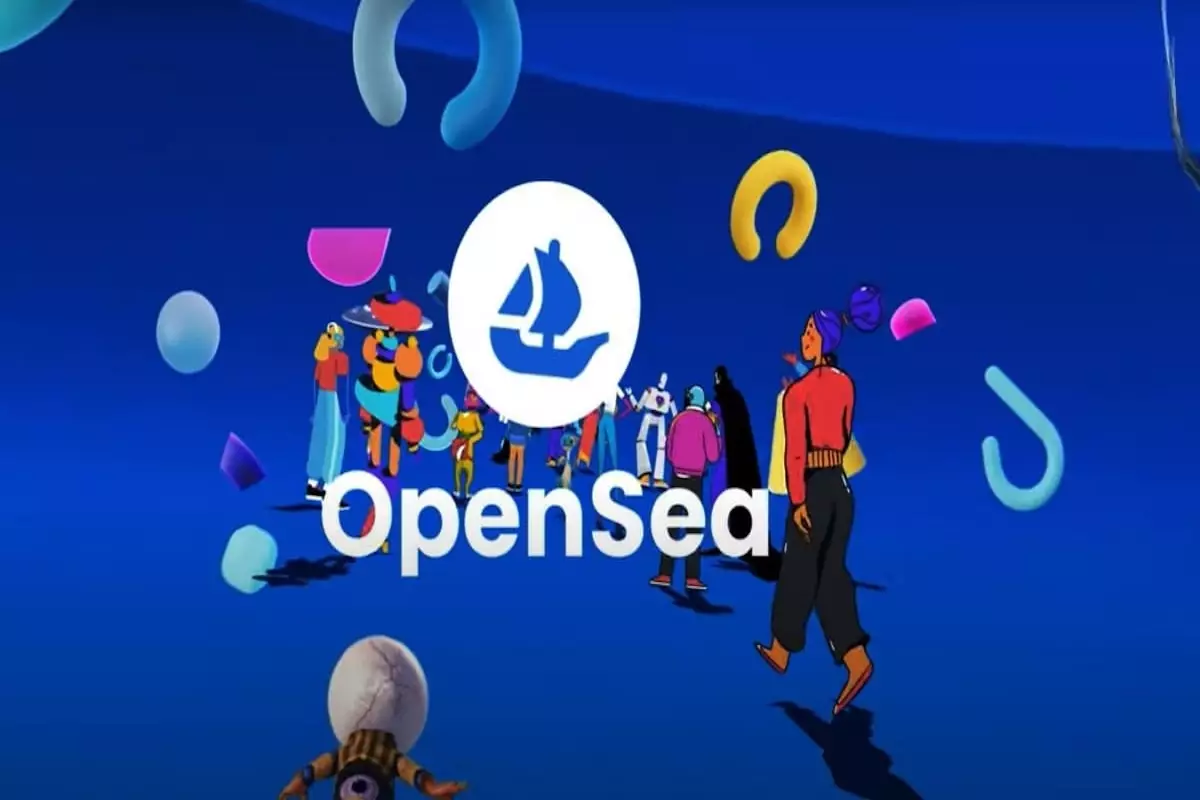In recent developments, OpenSea, a prominent player in the NFT marketplace landscape, has made headlines by registering in the Cayman Islands—a jurisdiction that has gained a reputation for being accommodating to cryptocurrency ventures. This strategic maneuver has ignited conversations within the crypto community, with speculations suggesting that it may pave the way for a new token initiative aimed at revitalizing interest in both OpenSea and the broader NFT market. By examining the implications of this shift, we can discern how it may potentially reshape user engagement, trading volume, and competition in the NFT sector.
The decision to establish a presence in the Cayman Islands underscores OpenSea’s commitment to enhancing its operational framework. The territory’s crypto-friendly regulations provide a conducive environment for token issuance. As the NFT marketplace landscape becomes increasingly saturated, OpenSea will likely leverage this new base to roll out innovative features and incentives. These initiatives could be critical in attracting both new users and re-engaging long-time supporters, particularly those who have remained loyal during turbulent market conditions.
By registering in a jurisdiction known for its progressive stance on digital assets, OpenSea is signaling its readiness to explore new monetization strategies that may ultimately benefit its user base. The anticipation surrounding a potential token airdrop is palpable, as many users speculate that it could not only reward early adopters but also create heightened trading activity on the platform. As trading volume surges, the NFT marketplace could see a revitalization that extends beyond OpenSea—impacting the entire ecosystem.
A well-executed token airdrop would celebrate the dedication of OpenSea’s user base, potentially calculating rewards based on historical trading activity. If this is achieved, not only would active participants be recognized, but it would also intrigue speculative users looking to enter the market, fostering a cycle of engagement and loyalty. The idea of rewarding loyal supporters is reminiscent of strategies employed by other successful platforms. For instance, Magic Eden successfully implemented community engagement initiatives that encouraged deeper participation through incentives, setting a benchmark for industry practices.
The prospect of OpenSea launching its own token invites a broader discussion on community dynamics within the crypto space. By actively engaging users, OpenSea could see an influx of active users who are motivated to participate in a rewarding ecosystem. Furthermore, as OpenSea begins staking a claim as a more user-centric platform, it can encourage a sense of ownership and loyalty, hallmarks of thriving digital communities.
As OpenSea aims to usher in what some are calling “OpenSea 2.0,” innovations such as support for Bitcoin Ordinals and user-centric features like leaderboards are on the horizon. These improvements not only enhance user experience but could position OpenSea as a frontrunner in the NFT space. Moreover, the prospect of establishing an Ethereum layer-2 chain is particularly promising; reducing transaction costs and accelerating processing times could significantly amplify market participation.
The move to the Cayman Islands, coupled with technological advancements, points towards a pivotal shift in OpenSea’s operational strategy. As the blockchain community eagerly anticipates this new chapter, other platforms may feel compelled to enhance their offerings and engage users more actively. Competition within the NFT market will likely intensify as the industry reacts to OpenSea’s strategic directives.
Anticipating a Game-Changing Comeback for OpenSea
With conversations hinting at a heavily anticipated return for OpenSea, both its long-time users and newcomers are looking to the future with optimism. If OpenSea effectively executes a well-planned token launch alongside strategic user-focused features, it could rejuvenate the NFT market and firmly re-establish its position at the forefront of the industry. History has shown that such decisive moves can echo throughout the crypto sphere, inspiring similar actions from competing platforms.
OpenSea’s registration in the Cayman Islands bodes well for the platform’s evolution and the NFT market at large. As the company gears up for potentially transformative changes, the impending developments will undoubtedly serve as a case study for other projects contemplating similar paths. Should this transition yield the anticipated rewards for users, we may well look back at this moment as a turning point that breathed new life into the digital collectibles landscape, revitalizing excitement in an industry that has, at times, faced stagnation.


Leave a Reply